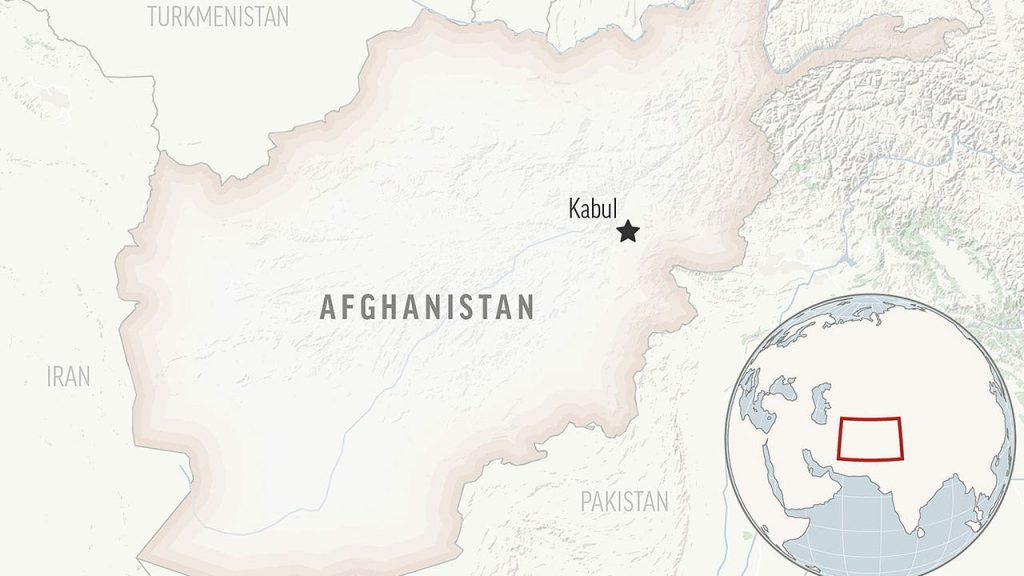Flash floods from seasonal rains in Baghlan province in northern Afghanistan resulted in the deaths of at least 50 individuals, with many more missing. The floods also caused significant losses to homes and property in multiple districts. Edayatullah Hamdard, the provincial director of Natural Disaster Management in Baghlan, stated that the death toll was preliminary and could potentially rise as more people were unaccounted for. Rescue teams have been deployed to the affected areas to provide food and aid to those impacted by the disaster.
In response to the devastating floods, Kenya’s President declared a public holiday to mourn the hundreds of flood victims. The flash floods also affected the capital city of Kabul, prompting authorities to dispatch rescue teams and focus on providing assistance to those in need. Abdullah Janan Saiq, the Taliban’s spokesperson for the State Ministry for Natural Disaster Management, emphasized that the rescue operation was the main priority at the moment, with more precise figures on casualties and damage expected to be released later on.
This recent disaster comes after heavy rains and flash flooding in April led to the deaths of at least 70 individuals in Afghanistan. The flooding last month also resulted in damage to approximately 2,000 homes, three mosques, and four schools, highlighting the widespread impact of natural disasters on communities in the region. Thousands of people are in need of humanitarian assistance, while agricultural land and livestock have also been significantly affected by the deluges, with 2,500 animals reported dead as a result.
The ongoing challenge of flash floods and heavy rains in Afghanistan underscores the importance of effective disaster management and preparedness measures in the face of natural disasters. The swift response of rescue teams and the deployment of aid to affected areas are crucial in mitigating the impact of floods on communities and ensuring the safety and well-being of those impacted by such events. The need for ongoing support and assistance for individuals and families affected by the floods is paramount in the wake of these devastating events, as communities work to recover and rebuild in the aftermath of the disaster.
As authorities continue to assess the extent of the damage and casualties caused by the recent flash floods in Baghlan province and Kabul, efforts to provide aid and support to those affected will remain a top priority. The resilience and solidarity of communities in the face of such disasters are essential in fostering recovery and rebuilding efforts, as individuals and families come together to overcome the challenges posed by natural disasters and work towards a more resilient and sustainable future. Through collaboration and partnership, communities can strengthen their ability to respond to and recover from disasters, ensuring the safety and well-being of all individuals impacted by such events.


